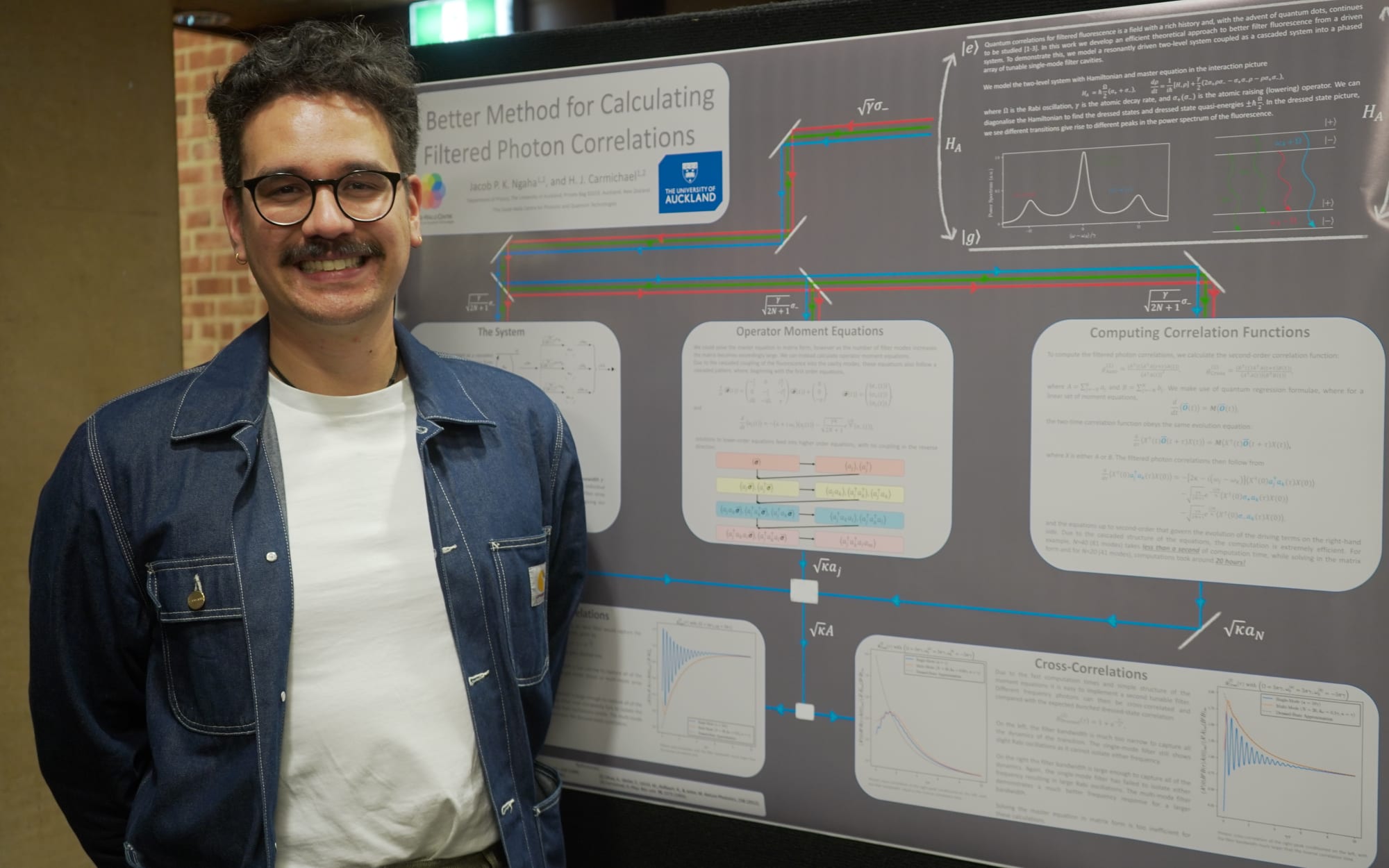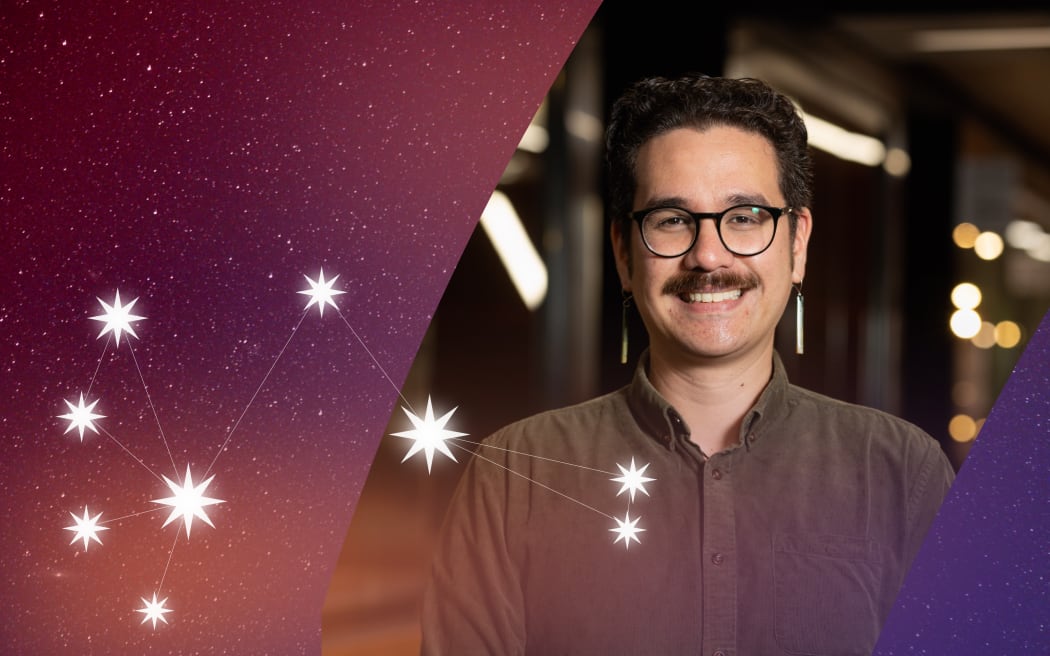After completing his PhD two months ago, Dr Jacob Ngaha believes he is Aotearoa's very first Māori quantum physicist.
The Auckland-raised academic sees his achievement as a way of encouraging other Māori, especially rangatahi, to get into science and physics. He regularly visits schools and is involved with wananga at marae for Māori youth to inspire them to follow in his direction.
“For Māori youth, meeting someone like me may not be something they see every day. The reason I am involved with reaching out to schools is to show that it’s possible to be Māori and work in the area of science and physics,” he says.
Quantum physics is the study of matter and energy at the most fundamental level. The 27-year-old’s PhD thesis focused on quantum optics, an area that deals with how individual quanta of light, known as photons, interact with atoms and molecules. In basic terms, Ngaha’s research was to discover the behaviours of light.
He says that Māori come from a long line of natural scientists. For instance, their tupuna navigated the entire Pacific using the stars for direction. With the popularity of Matariki, people are learning more about how Māori used science to help them with every facet of their lives.
Ngaha (Ngāti Maniapoto, Ngāti Kahu, and Waikato Tainui) notes that some academics In New Zealand have publicly dismissed mātauranga Māori as a form of “real” science. Staff in his own faculty at Auckland University even banded together to write a letter to a national media outlet opposing proposed changes to the school curriculum, which was going to ensure equality for mātauranga Māori with other bodies of knowledge.
He doesn’t agree with his colleagues and says mātauranga Māori should be acknowledged.
“Mātauranga Maori has strong foundations in science. Our tupuna lived these experiences every day and were knowledgeable in areas like biology, genetics, and environmental science. These areas had a grounding in te ao Māori,” he says.
“At the end of the day, science is about knowledge and figuring things out. There’s not just one way to figure things out. Dismissing Māori teachings outright is not a scientific thing to do.”
Surprisingly, Ngaha was not interested in science and physics as a child. His favourite subject was history and he was focused on sports. But during his last year at high school, he developed a keen interest in space and maths and wanted to discover more.
“I realise that this was something I enjoyed and should pursue further.”

Photo: Supplied
As a new PhD graduate, Ngaha plans to spend the first few years in the academic world, lecturing and attending international conferences. He’s recently returned from Germany, where he attended a conference in his area of study.
He's also deep in another learning journey. For the past four years, he’s been taking te reo Māori classes to help him connect to his culture. He says studying Māori language is a lot harder than the nearly 10 years he has spent completing his PhD in physics.
“Learning te reo Māori has a lot of challenges that you don’t encounter while learning quantum physics.”
He acknowledges that there was a whole generation of Māori who lived during a time when there was an effort to eradicate the language from society and Māori children were strapped and punished for speaking their mother tongue at school.
“As a Māori learning your own language for the first time, it comes with generational trauma and has a lot of mamae, a lot of shame.”
He believes we've come a long way as a nation by embracing and celebrating Matariki.
“It’s the Māori new year. It’s a time for growth and new beginnings. I would like to see acceptance and growth for our rangatahi to move into the areas of science and physics.”


